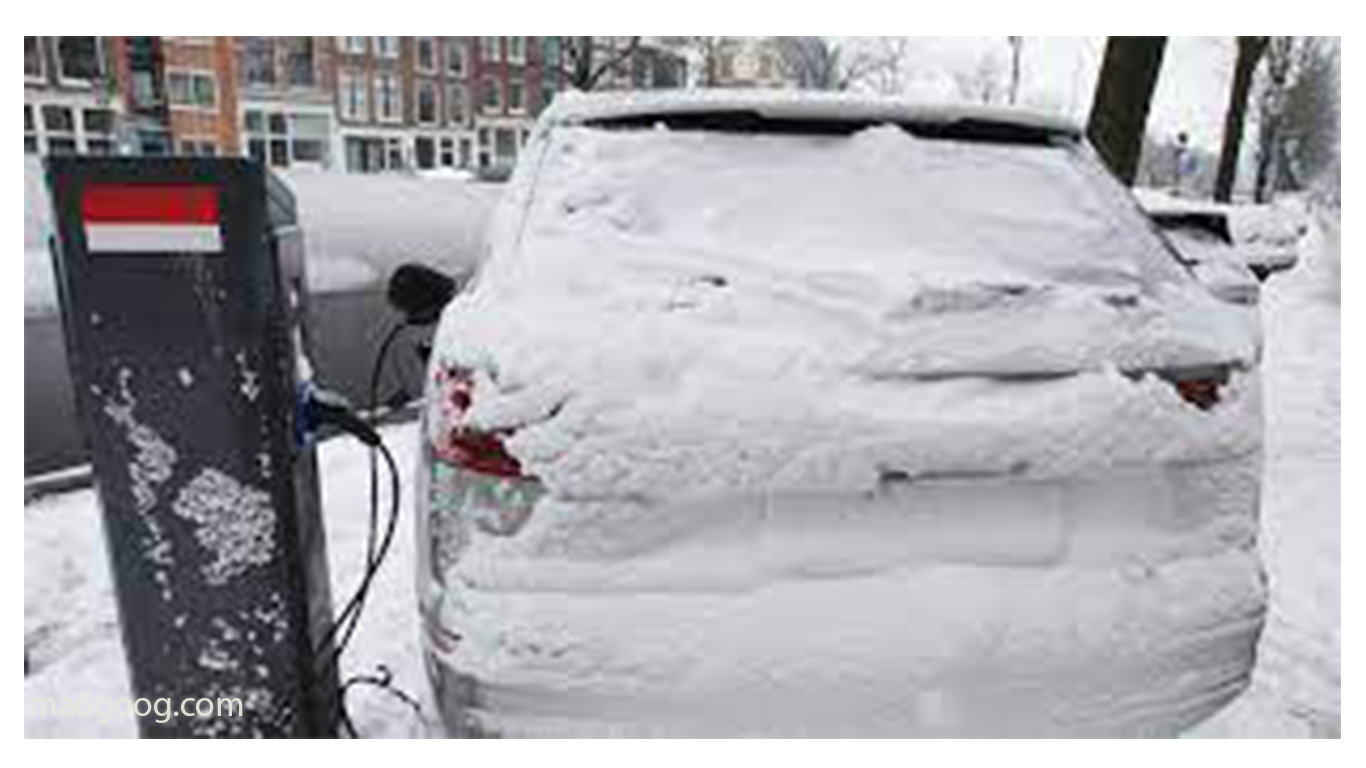During the peak of winter in January, incidents of electric cars running out of batteries quickly emerged in Chicago, raising questions about their performance in harsh weather conditions. Particularly, the question arises: Is it safe for electric cars to operate in cold weather? This article delves into the challenges faced by electric cars in frigid temperatures and provides insights into their functionality during winter months.
Understanding the Challenges
One of the primary concerns with electric cars in cold weather is the prolongation of charging times. As temperatures drop, the efficiency of charging decreases, leading to extended periods required for recharging. Cold weather exacerbates battery drain in electric cars. The chemical reactions within the battery slow down, resulting in quicker depletion of charge, thereby limiting the vehicle’s range. To combat the cold, electric cars often require additional energy for heating purposes, further taxing the battery and potentially impacting overall performance. Lower temperatures negatively affect battery efficiency, reducing its capacity and overall effectiveness in powering the vehicle.

Real-Life Examples
Recent incidents in mid-January 2024 in Chicago highlight the challenges faced by electric car owners in cold climates. Some Tesla owners discovered their car batteries frozen, rendering their vehicles inoperable. Compounding the problem, freezing temperatures can affect charging stations, causing delays in recharging and inconveniencing drivers.

Battery drains quickly in negative temperatures. On snowy days, check your phone outside to see how fast the battery drains. The reason, according to manufacturers, is that the chemical and physical reactions inside the batteries slow down when it’s cold. This is a common battery issue. Electric cars have a system that automatically works to keep the battery warm when the temperature drops. If the battery drops below a certain temperature, it will become cold. When the battery is colder than a specific temperature, it will die. Now when you charge it, it will slow down the charging because it needs to warm itself up first. This means your electricity will first be used for this system, then the battery will start charging, and then it will maintain its temperature and run the charging business.
Addressing the Concerns
Electric cars are equipped with battery management systems that regulate temperature to optimize performance. These systems aim to prevent battery degradation and maintain efficiency in cold weather conditions. Experts recommend strategies such as pre-heating the car while charging to mitigate battery drain. Additionally, driving at moderate speeds and minimizing heater usage can help preserve battery life.
While electric cars face challenges in cold weather, advancements in technology and innovative strategies offer solutions to mitigate these issues. As the demand for sustainable transportation grows, addressing the concerns surrounding electric vehicle performance in adverse conditions becomes increasingly imperative.
We deeply appreciate your trust in Ma6Goog. It’s a privilege for us. Our dedication is to provide extensive and trustworthy news coverage. Keep Up with Global News Updates.

